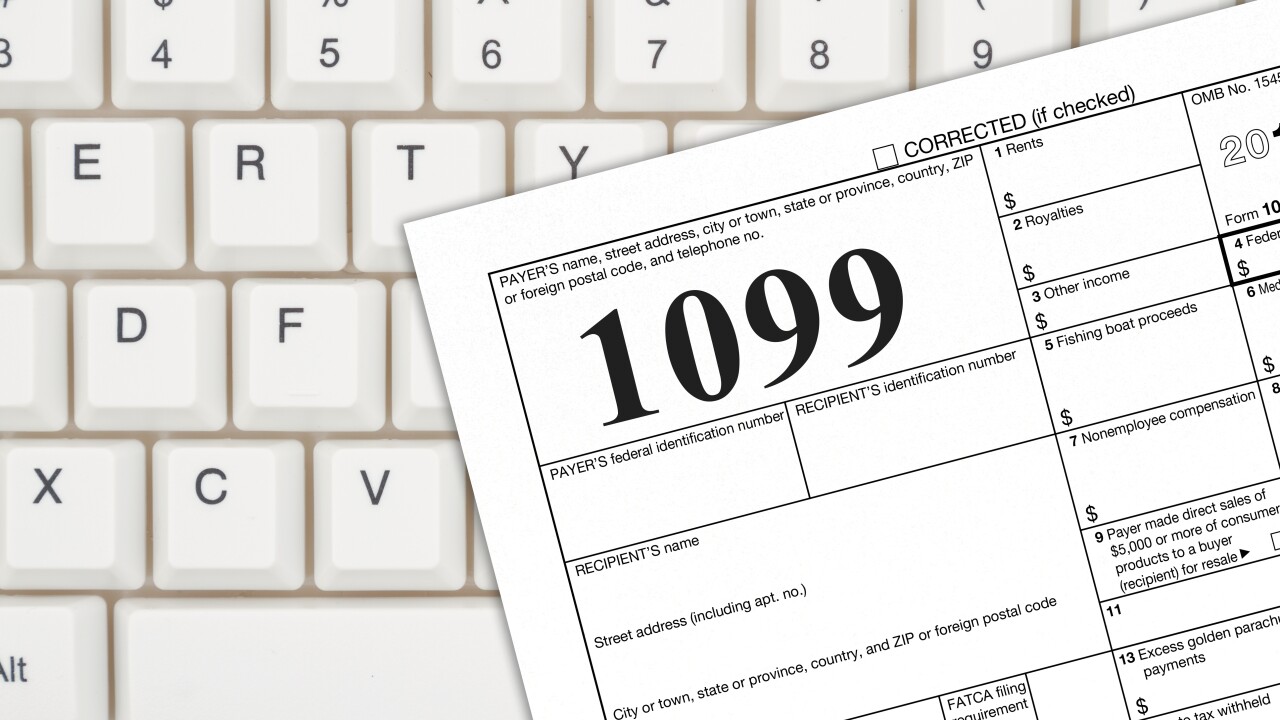
Long before there were ERC mills enticing clients with often-false promises of big checks for the Employee Retention Credit, there were OIC mills — shoddy operations that claim they'll be able to make a taxpayer's tax debt magically disappear through offers in compromise with the Internal Revenue Service.
"You can hear their advertisements on late night radio and television: 'We'll settle your tax debt for 10 cents on the dollar and make it all go away,'" said CPA and tax attorney David Klasing.
The reason for the less-than-stellar reputation of OIC mills is that they tend to target lower-income taxpayers in trouble with the IRS.
(Read more: "
"They lure them with examples of others who settled with the IRS "for pennies on the dollar," remarked Baker Tilly's Curt Smith, a senior manager on the tax team at Top 10 Firm Baker Tilly, and formerly a trial attorney with the Department of Justice Tax Division. "You hear them everywhere — especially on late-night radio and TV," he said. "They give a misleading landscape of what the IRS does when they try and legitimately compromise someone's tax liability."
"In many instances they know the offer they're putting together will be rejected," he added. "Usually they charge pretty steep up-front fees because a lot of what they do is stuff that a taxpayer could do themselves. People think it's a cheap way to get out of their tax debt. It's sad because they take advantage of a lot of lower-income taxpayers and people who are desperate to resolve their tax liabilities."
"Most collection mills know full well that their offers will be rejected," agreed Klasing. "The first clue is that they have a failing grade from the Better Business Bureau."
The negative reputation puts a burden on legitimate tax advisors. David King, chief executive officer of one of the largest tax resolution services, Optima Tax Relief, combats the common perception of OIC mills by having prospective clients sign an acknowledgement that they have read and understand a disclosure statement. Among other things, the statement explains that an offer in compromise requires special circumstances, is based on financial hardship, and is not a typical result for most clients. Close to 9% of offers in compromise originate with Optima, according to King.
(Read more:





